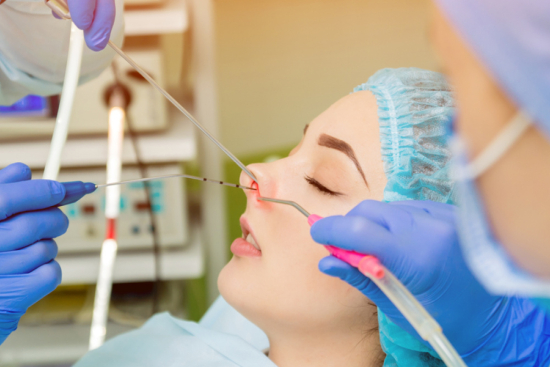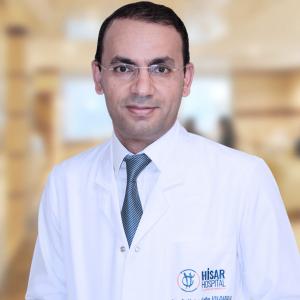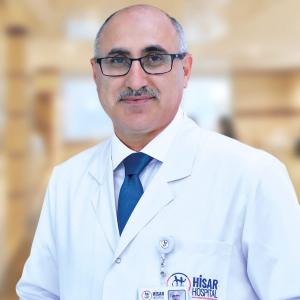Sinus surgery is a minimally invasive procedure that offers a lasting solution to chronic sinusitis resistant to medical treatment. By eliminating obstructions and promoting good ventilation, it restores comfortable nasal breathing and significantly improves quality of life.
Cost of sinus surgery in Turkey
Do you suffer from chronic sinusitis that affects your quality of life? Consider sinus surgery in Turkey. Our team of expert surgeons, renowned for their know-how and experience, can offer you an effective and lasting solution.
The cost of endoscopic sinus surgery in Turkey is estimated at between 4,590 and 5,680 Dollars










